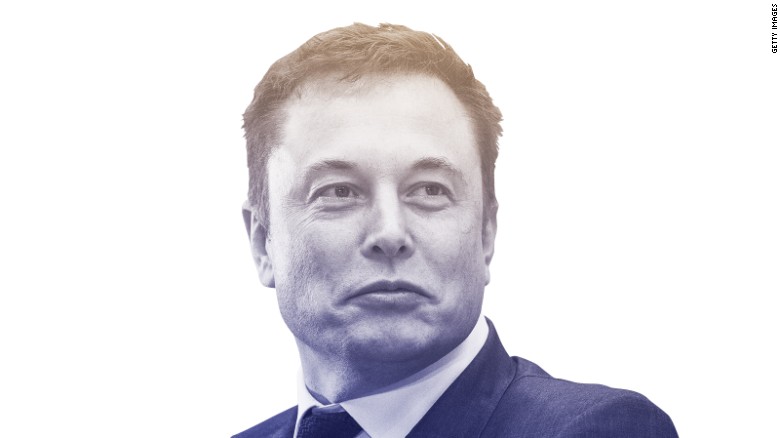I'm a strong advocate of deep work - where one focuses for long stretches of time on a single task without interruptions and distractions. And yet, on any given day, I'm doing a lot of different things - research and analysis for my products, defining new ideas and hypotheses, writing blog posts, writing jokes for standup comedy, working on the plot of my novel. And this doesn't even take into account all the consuming activities I do like listening to podcasts and TEDTalks, watching TV shows, reading books and articles.
When I look at the amount of time I spend on each of these activities on a given day or a given week, I feel like I'm juggling a lot of things and multi-tasking. But a closer analysis of my time logs shows me that I'm indeed spending long stretches of time on individual creative tasks, while multi-tasking on consumption tasks - listening to podcasts while I bike to work, listening to TEDTalks while I cook, watching TV shows while I eat, etc.
It is prevalent wisdom that we need to spend a lot of time doing something in a dedicated and focused manner in order to get good at it. While this is true, it doesn't take a truly long term view of things.
There used to be sayings like "Jack of all trades, master of none" while I was growing up. I don't hear it anymore though. What is back in vogue today after several centuries is the expert-generalist, like Elon Musk and Leonardo Da Vinci hundreds of years before him.
An expert-generalist operates with a portfolio thinking and combines it with deep work. That's what makes them so rare with only a handful of examples to date.
Portfolio thinking is best understood by looking at what stock traders do, or what venture capitalists do. They pick several bets covering varied market factors and combine them in one portfolio in order to increase the eventual odds of succeeding.
Several freelancers do the same. Authors don't just write books anymore. They take on speaking engagements, they take on teaching assignments, they take on consulting assignments. Of course, they still spend a good chunk of their time writing.
Does all the time they spend doing these other activities take a toll on their writing time? Would they be better writers if they focused just on writing and nothing else?
Absolutely. No doubt about that.
But they make a trade-off decision. The returns from doing all these additional activities is higher than the incremental returns from becoming that much better at writing. And this isn't true in the short term.
Maybe an author that has no speaking or consulting experience needs to spend a lot of effort getting good at it - the time during which she would earn a lot more by investing that time in writing.
But portfolio thinking allows for slack and allows for time and energy that can be invested in things that may not immediately (or ever) bring returns. But bring on good returns if they do.
The two key ingredients to becoming an expert-generalist is deep work combined with portfolio thinking.





CONVERSATION